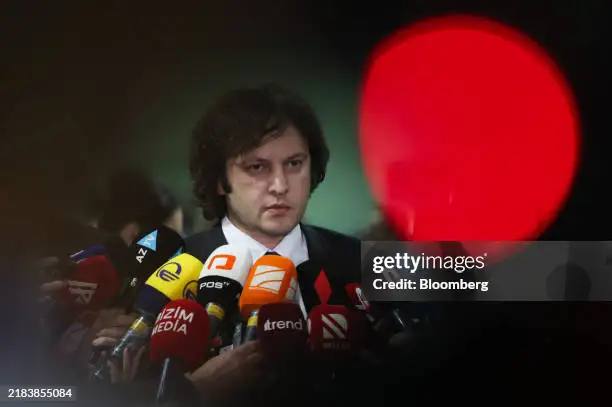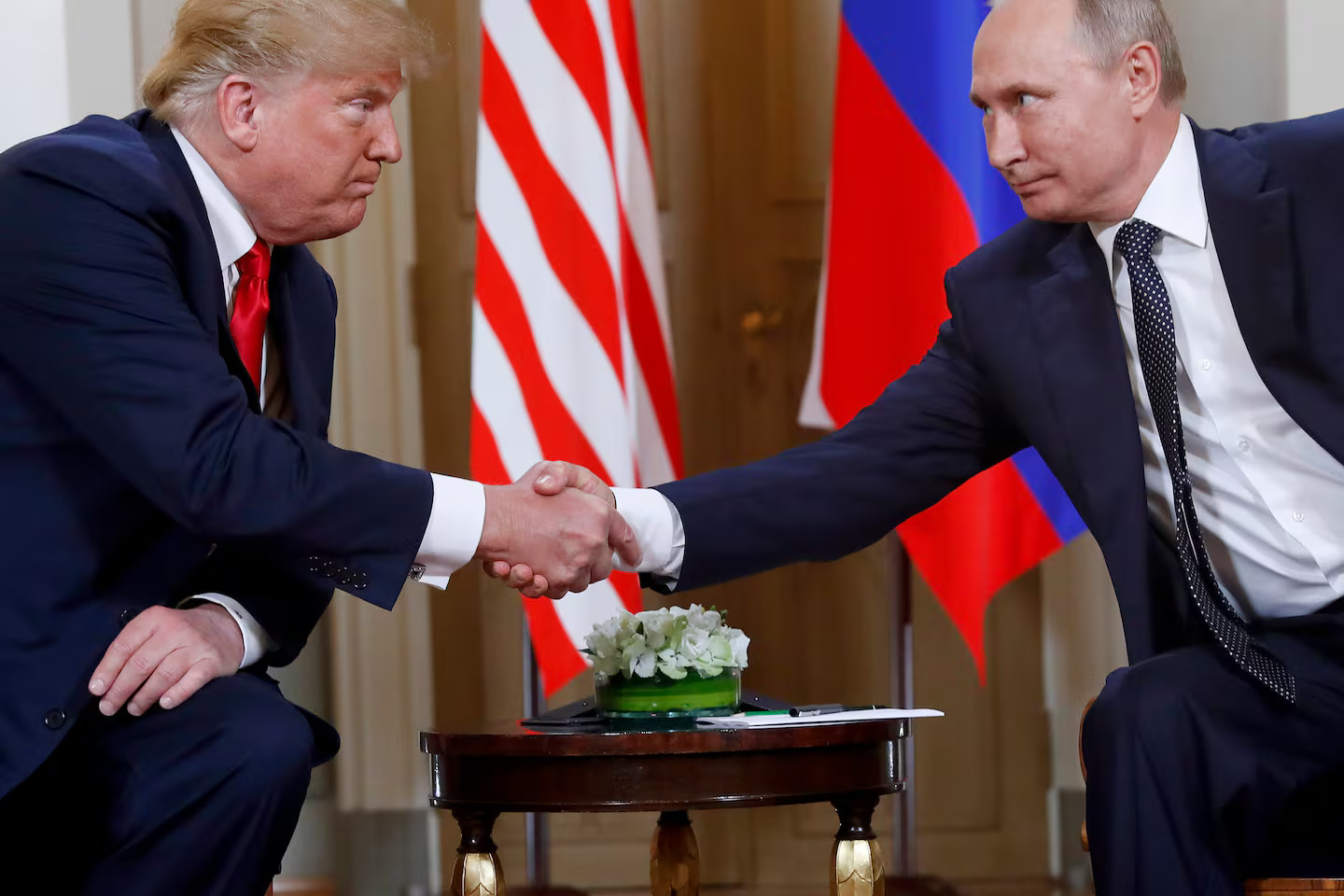×
Warning: The information provided here was generated using artificial intelligence. While efforts have been made to ensure accuracy, the content may contain errors or biases inherent to AI systems.

Recent statements by Georgia’s new Prime Minister, Irakli Kobakhidze, coupled with symbolic governmental actions, point to a decisive strategic reorientation in Tbilisi. The government is actively distancing itself from the Western integration path that has defined the country's foreign policy for decades. Instead, it is framing its new priority as defending national sovereignty against "external interference" and rehabilitating historical narratives aligned with Russia. This shift is evident in both the government's rhetoric and its commemorative politics.
The core message delivered by Prime Minister Kobakhidze is a categorical rejection of Western-supported democratic movements, which he explicitly labels as foreign-backed "revolutions." By directly linking domestic protests to the Euromaidan in Ukraine and claiming they are financed by foreign intelligence services, Kobakhidze is employing a well-established Kremlin narrative. He describes the outcome for Ukraine as state collapse and two wars, presenting this as an inevitable consequence of Western intervention.
This rhetoric serves as a primary justification for the government's increasingly authoritarian measures. The declaration that the government has "all the resources" to prevent such a scenario signals a readiness to further suppress political opposition and civil society, likely through the continued enforcement and potential expansion of the controversial "foreign agent" law. The target of this rhetoric is twofold: to discredit pro-Western opposition groups domestically and to signal to Brussels and Washington that their influence is no longer welcome.
Concurrently, the government is engaging in a form of historical revisionism to legitimize this new course. The recent unveiling of a monument to King Erekle II is a potent example. While a complex historical figure, Erekle II is primarily known for signing the 1783 Treaty of Georgievsk, which placed the Kingdom of Kartli-Kakheti under Russian imperial protection.
The government's focus, as stated by Kobakhidze, is on the king's "wisdom" in preserving national and religious identity. In the current context, this celebration is a clear symbolic gesture. It implicitly re-frames the historical choice of alignment with Russia not as a loss of sovereignty, but as a pragmatic geopolitical decision for survival—a narrative that aligns with the government's current pivot.
The combination of these actions indicates a fundamental paradigm shift in Georgia’s foreign policy.
Under the leadership of the "Georgian Dream" party and Prime Minister Kobakhidze, Georgia is demonstrating a deliberate departure from its pro-Western trajectory. This pivot is being implemented through the systematic dismantling of democratic checks and balances, under the guise of combating foreign interference, and is being ideologically underpinned by a reassessment of history that views alignment with Russia more favorably. While an immediate, formal break with the West is unlikely, Tbilisi is making it clear that the era of unequivocal Euro-Atlantic aspiration is over. The government is steering the country toward an illiberal, "sovereign" model that risks isolating it from its Western partners and pulling it back into Moscow's orbit.
By Tom Conner, Political scientist, Seattle, WA





Comments
No comments yet.